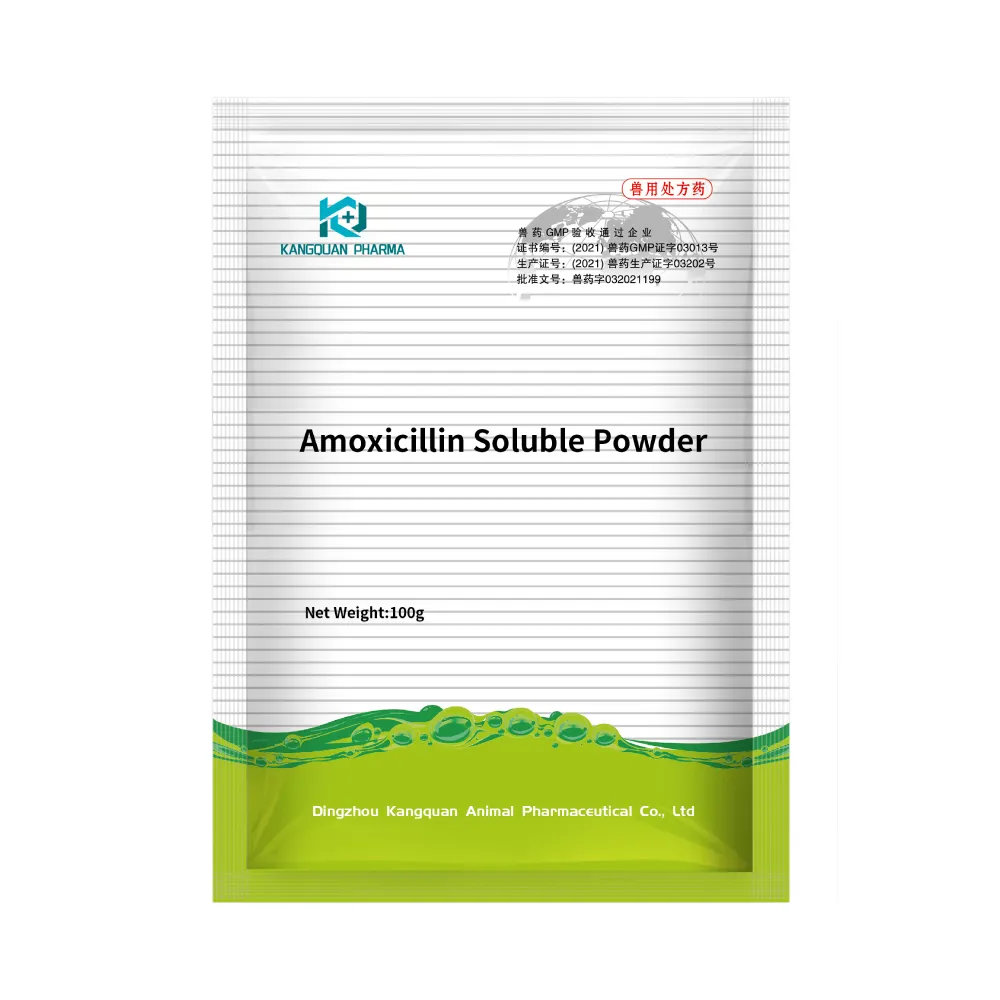- Afrikaans
- Albanian
- Amharic
- Arabic
- Armenian
- Azerbaijani
- Basque
- Belarusian
- Bengali
- Bosnian
- Bulgarian
- Catalan
- Cebuano
- Corsican
- Croatian
- Czech
- Danish
- Dutch
- English
- Esperanto
- Estonian
- Finnish
- French
- Frisian
- Galician
- Georgian
- German
- Greek
- Gujarati
- Haitian Creole
- hausa
- hawaiian
- Hebrew
- Hindi
- Miao
- Hungarian
- Icelandic
- igbo
- Indonesian
- irish
- Italian
- Japanese
- Javanese
- Kannada
- kazakh
- Khmer
- Rwandese
- Korean
- Kurdish
- Kyrgyz
- Lao
- Latin
- Latvian
- Lithuanian
- Luxembourgish
- Macedonian
- Malgashi
- Malay
- Malayalam
- Maltese
- Maori
- Marathi
- Mongolian
- Myanmar
- Nepali
- Norwegian
- Norwegian
- Occitan
- Pashto
- Persian
- Polish
- Portuguese
- Punjabi
- Romanian
- Russian
- Samoan
- Scottish Gaelic
- Serbian
- Sesotho
- Shona
- Sindhi
- Sinhala
- Slovak
- Slovenian
- Somali
- Spanish
- Sundanese
- Swahili
- Swedish
- Tagalog
- Tajik
- Tamil
- Tatar
- Telugu
- Thai
- Turkish
- Turkmen
- Ukrainian
- Urdu
- Uighur
- Uzbek
- Vietnamese
- Welsh
- Bantu
- Yiddish
- Yoruba
- Zulu
8 月 . 01, 2024 00:06 Back to list
The Critical Role of Fats in Animal Nutrition and Overall Health for Optimal Growth
The Importance of Fats in Animal Nutrition
Fats, often referred to as lipids, play a crucial role in animal nutrition, offering various benefits that are vital for the health and well-being of animals. While carbohydrates and proteins are more frequently discussed, the significance of fats should not be overlooked. They serve not only as a primary energy source but also as essential carriers of fat-soluble vitamins and as vital components for cellular structures.
Energy Source
One of the primary functions of fats in animal nutrition is their role as an energy source. Fats provide more than twice the energy per gram compared to carbohydrates and proteins. This high energy density makes them an efficient source of fuel for animals, particularly those with high energy demands, such as working or lactating animals. This energy is stored in adipose tissue, which animals can draw upon during periods of increased energy need, thus acting as a crucial energy reserve.
Essential Fatty Acids
Fats are also an important source of essential fatty acids (EFAs), which animals cannot synthesize on their own. Two primary groups of EFAs are omega-3 and omega-6 fatty acids. These fatty acids play critical roles in various physiological processes, including inflammatory responses, cell membrane structure, and overall immune function. The availability of these essential fatty acids is paramount in promoting optimal growth, reproduction, and health in animals.
Role in Vitamin Absorption
importance of fats in animal nutrition

Another important aspect of fats in animal nutrition is their role in the absorption of fat-soluble vitamins, namely vitamins A, D, E, and K. These vitamins are vital for many bodily functions, including vision, bone health, immune function, and blood coagulation. Without adequate fat in the diet, animals may suffer from deficiencies in these vitamins, leading to various health problems. Therefore, including an appropriate amount of fats in animal diets is necessary to ensure optimal vitamin absorption and utilization.
Insulation and Protection
Fats also provide insulation and protection for vital organs. The adipose tissue that stores fat acts as a cushion that helps protect crucial organs from trauma and impacts. Additionally, fat layers under the skin help regulate body temperature, which is particularly important for animals exposed to varying climatic conditions.
Influence on Feed Palatability
In animal husbandry, the palatability of feed is essential for encouraging consumption. Fats enhance the taste and aroma of feed, making it more appealing to animals. This is especially important in agricultural settings where animal performance is directly linked to feed intake. A diet that includes an appropriate amount of fats is likely to improve overall feed efficiency and animal productivity.
Conclusion
In conclusion, fats are an indispensable component of animal nutrition. Their multifaceted roles in providing energy, supporting essential fatty acid needs, aiding in vitamin absorption, offering protection, and enhancing feed palatability underscore their importance. Properly formulated diets must include an appropriate balance of fats to ensure the health and productivity of animals. As we continue to understand the complex nutritional needs of animals, it becomes increasingly clear that fats are not merely an energy source, but indeed a cornerstone of effective animal nutrition.
-
The Power of Radix Isatidis Extract for Your Health and Wellness
NewsOct.29,2024
-
Neomycin Sulfate Soluble Powder: A Versatile Solution for Pet Health
NewsOct.29,2024
-
Lincomycin Hydrochloride Soluble Powder – The Essential Solution
NewsOct.29,2024
-
Garamycin Gentamicin Sulfate for Effective Infection Control
NewsOct.29,2024
-
Doxycycline Hyclate Soluble Powder: Your Antibiotic Needs
NewsOct.29,2024
-
Tilmicosin Premix: The Ultimate Solution for Poultry Health
NewsOct.29,2024













